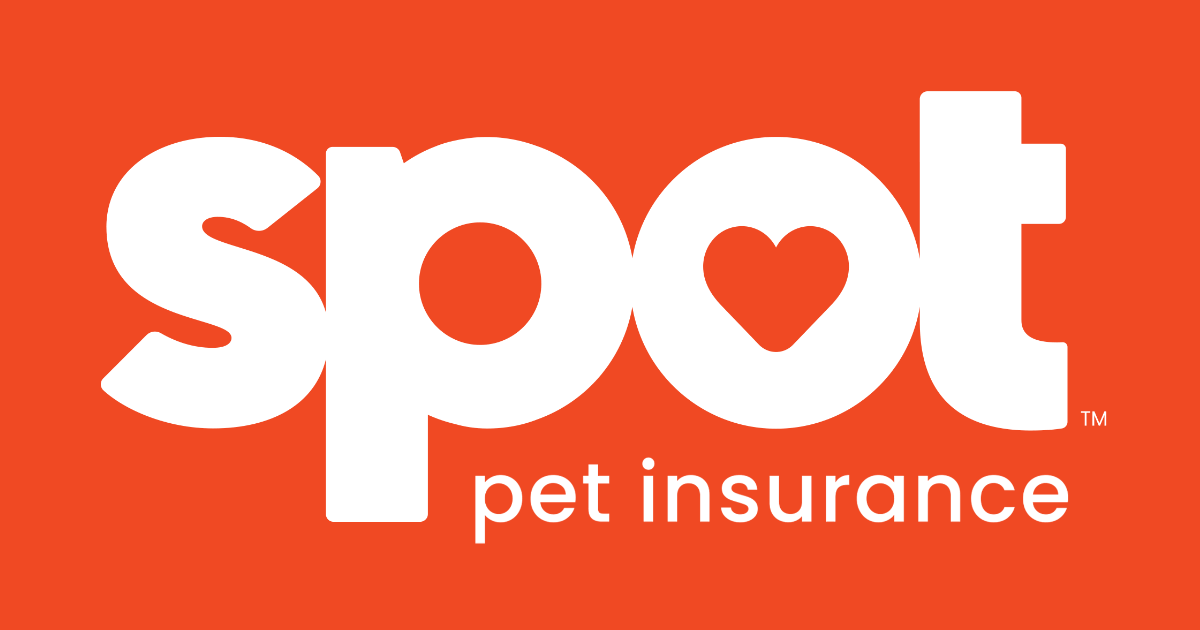
There are many definitions of healthcare that can be confusing. This information is intended to assist you in understanding the process.
An exclusive provider organization (EPO) is a health plan that combines features of a HMO and a PPO. This type plan stores electronic medical records. You will only need the services of providers in your network. You will be charged more if you require care outside the network. You may also be subject to a higher cost share.
A health maintenance plan (HMP), is a type insurance program that covers all medical expenses, including coinsurance and deductibles. Unlike a PPO, however, your benefits are not based on your network. When you see a provider outside of the network, your insurance will cover only the costs for services provided.
The Patient as a Partner Approach allows patients to become involved in healthcare. It acknowledges the value of the patient’s experiences as much as the HCP’s scientific knowledge. In addition, it encourages patients to take an active role in their own care. The patient can, for example, get a second opinion from a doctor or consult with one over the phone.

Electronic Medical Records (EMRs), which are computerized systems that store all clinical data, are called electronic medical records. They are used to monitor and record your care, as well as copayments and deductibles.
Behavioral healthcare is a term that refers to a range of treatment options for substance and mental abuse. These include counseling and medication control. You can find ambulatory or hospital-based behavioral healthcare.
Electronic prescribing is a way for pharmacies to electronically share patient information. Electronic prescribing utilizes computerized systems that transfer prescription information from a physician to a pharmacist.
Your claims may be reviewed by insurance companies before being paid. If the claim meets these standards, the insurance company will reimburse you. Some insurance plans require preauthorization or precertification before you can receive certain procedures.
HIPAA (Health Information Privacy Act) seeks to establish standard security standards for sensitive information exchange. It is enforced jointly by the Department of Health and Human Services and Centers for Medicare and Medicaid Services.

The Affordable Care Amendment (ACA) requires that most health plans offer four basic levels coverage. These levels can vary depending on income, dependents, as well the government's assistance.
Your annual deductible caps your healthcare costs for the year. Your deductible limits how much healthcare you can pay before your insurance kicks into effect, such as if there is an accident or major illness. This does not include visits to hospitals or doctors out of network. Also, if you are hospitalized, your deductible only applies to the amount you spend for care during the time you are there.
Lastly, if you have a health savings account (HSA), you can use your funds to cover any healthcare expenses that your health plan does not cover. HSAs allow you to use tax-advantaged savings funds to pay for healthcare services not covered under your health plan.